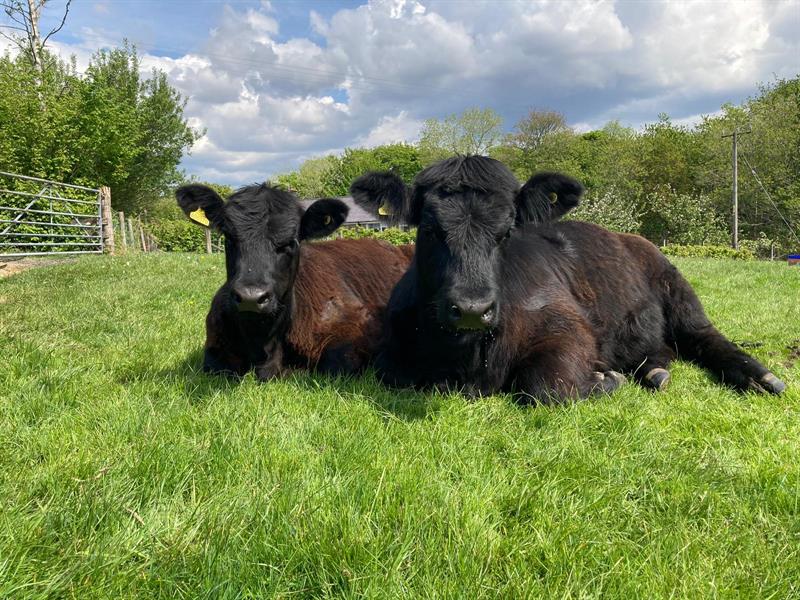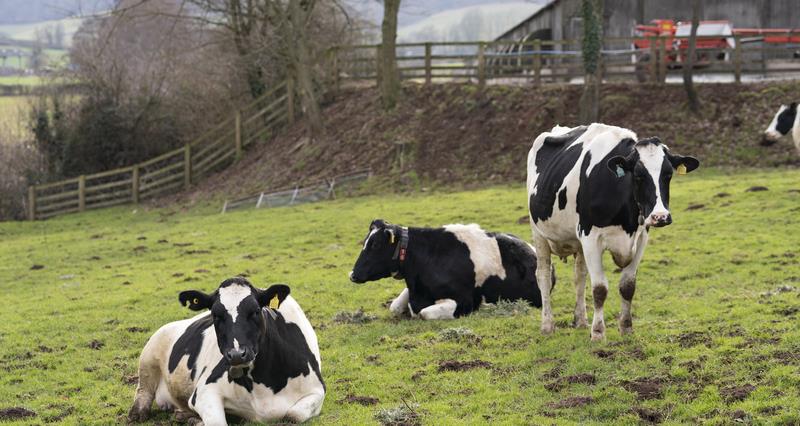New cases confirmed in Wales
Welsh Government confirmed the first Bluetongue (BTV3) case in Wales. The case was confirmed in Gwynedd on Friday 27 September.
View the Welsh Government press release.
The disease has been found in three sheep and a decision has been taken that they will be culled. The Holding is under movement restriction. The animals moved from the East of England several weeks ago.
Update: On 2 October a second case was identified in an animal moved to Anglesey from the east of England.
Both premises are under restriction and the infected animals will be culled.
APHA are investigating, sampling and testing to determine if there has been any onward spread by local midges.
More updates will be available for members as they are available.
NFU Cymru Deputy President Abi Reader said: “As farmers it is vital that we all remain vigilant for the disease and if you have any concerns that the disease may be on your farm contact APHA immediately on 0300 303 8268."
Signs and symptoms
Bluetongue (BTV) affects sheep, cattle and other ruminants. It is a viral disease spread by biting midges, which affects all ruminants (e.g. sheep, cattle, goats and deer) and camelids (such as llama and alpaca).
BTV-3 is a relatively new strain, first reported in September 2023 in the Netherlands. Cases have since been reported in Belgium, Germany, France, Luxembourg, Denmark and Switzerland. The first case was confirmed in the UK on 10 November 2023.
Symptoms vary across ruminants, but include fever, lesions, redness of the mouth, eyes, nose, reddening of the skin above the hoof, excessive salivation and nasal discharge. However, animals may show little or no clinical signs.
It does not affect humans or food safety – meat and milk from infected animals are also safe to eat and drink.
For signs and symptoms of bluetongue, visit: gov.wales: Bluetongue virus (BTV)
Reporting suspected cases
Farmers can help prevent the disease by:
- responsibly sourcing livestock with a reliable health status
- practicing good biosecurity on their premises
- remaining vigilant and reporting symptoms in their livestock
Contact your local Animal and Plant Health Agency (APHA) office immediately on 0300 303 8268 if you suspect Bluetongue.
APHA vets will investigate suspected cases.
Restricted zones
In England there are Restricted Zones, around the Bluetongue outbreaks. These zones have implications for movements of livestock and germinal products.
Livestock are allowed to move under licences (containing strict disease control conditions) directly from the zone to Wales for slaughter at one of four designated abattoirs. This is considered to be a low risk move and is vital in maintaining Welsh abattoir viability and allowing farmers to consign animals to the abattoirs with which they have contracts. Farmers in Wales will not be able to move BTV-3 susceptible animals from the zone into Wales to live.
Germinal products like semen cannot be frozen within the zone and existing material cannot be moved out, except under license.
All businesses should have a contingency plan, including their response to disease outbreaks on their premises and their inclusion in a disease control zone. Contingency plans should include details of where animals are normally slaughtered to check that abattoir is designated.
Wales Chief Veterinary Officer
Gavin Watkins, Deputy Chief Veterinary Officer for Wales said:
“The cases identified in Gwynedd are from animals brought into Wales.
“We will apply measures to stop the disease spreading from these three sheep and our aim remains to keep Wales free of bluetongue.
“It is important to talk to your vet and practice safe-sourcing of livestock, to protect our herds and flocks and keep any further disease out of Wales.
“I would urge all farmers and others who keep ruminants and camelids to be vigilant for the signs of Bluetongue and to report any suspect cases to APHA immediately.
“We have been raising awareness of the disease with vets and industry and appreciate their help in communicating the risks to animal keepers in Wales.”
Interactive Bluetongue Virus Map
This map shows the spread of Bluetongue in England.
APHA Interactive Bluetongue Virus Map (arcgis.com)

